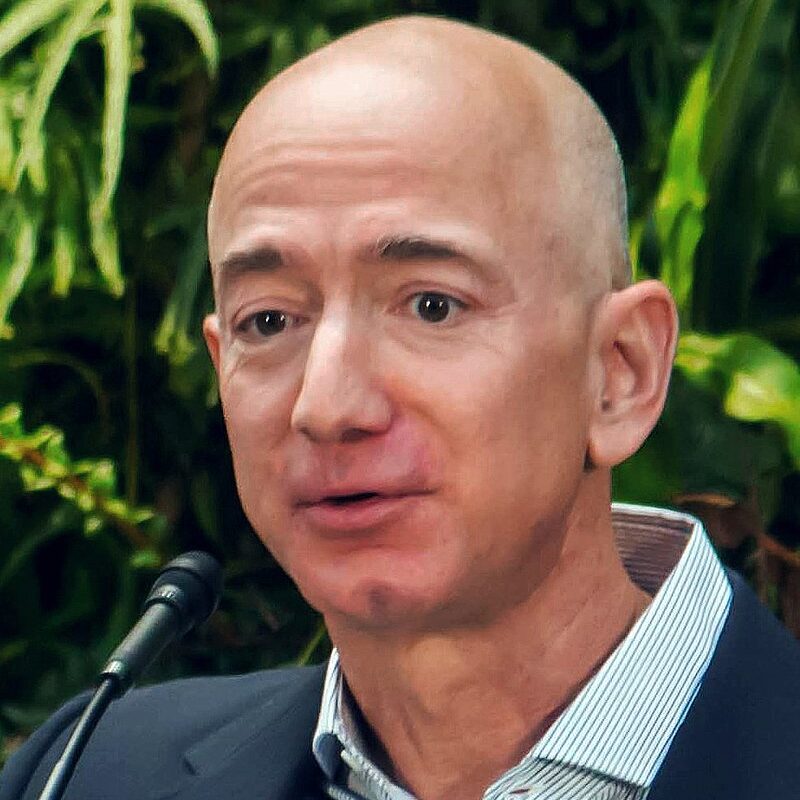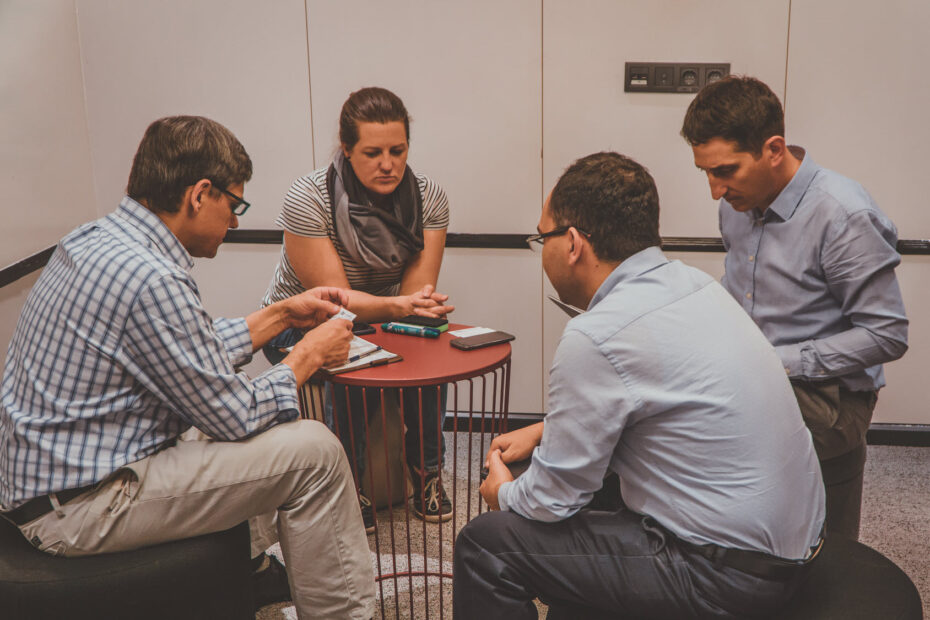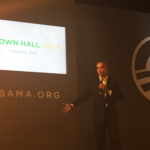I like to ask “why?”
When I get the opportunity to work with entrepreneurs and corporate innovators, I like to ask them “why do you want to start something?” Wouldn’t it be easier just to join something that already exists and has momentum?
This question seems to surprise many participants, and they frequently struggle for an answer. Maybe, since they are already in an innovation / startup acceleration program, they think it is a resolved point and therefore they don’t expect to be asked. Or maybe they assume the answer is obvious. Maybe they just don’t want to say it out loud or in public.
Among entrepreneurs, the answers generally include solving or fixing a problem they have experienced, seen, or heard about in the world. Corporate innovators frequently mention the idea of improving their own company, which is commendable and can feel ambitious in huge companies. Only rarely do entrepreneurs tell me they are starting something to make a lot of money (I appreciate it when they do, because it will be very clear whether & when they are succeeding). In general, though, almost all of them talk about creating some type of positive impact.
I think we should regularly revisit the question; after all, if we don’t know why we’re doing what we’re doing, how will we know if it’s working? I also believe the answers are generally neither obvious, nor resolved – especially for young entrepreneurs – just because we are already working on our startup idea. Also, in my experience, our answers generally change more than we expect over time more than we expect they will.
As a thought experiment, I am going to summarize the careers-in-progress of three real-life entrepreneurs who share a common starting point, and ask you to reflect on who among them is a “success,” who a “failure,” who is creating “positive impact” and, I suppose ultimately, whose career path and results would you most want for yourself over a 35-year span, if you are (or were) just graduating from college?
I suspect for some of you the answers will be obvious and unchanging, but perhaps for others they are less clear and more dynamic. I think that while we grow as entrepreneurs, we often pivot our goals for ourselves as much as we pivot our business models.
Our Three Examples for Consideration
About thirty-five and a half years ago, on Tuesday June 10th, 1986 – a sunny summer day in New Jersey – 1,052 young people received Bachelor’s Degrees from Princeton University in a lovely, formal, outdoor ceremony.
Among this group were these three individuals (listed here in alphabetical order by last name):

Jeff Bezos
Degree: BSE, Electrical Engineering & Computer Science
Career Summary Since College: Worked in finance for several years; founded Amazon (and later Blue Origin); resigned as CEO of Amazon but remains Chairman; arguably revolutionized retail, logistics and consumer expectations globally; reputed to be the wealthiest person in the world.
LinkedIn: none
Wikipedia: https://en.wikipedia.org/wiki/Jeff_Bezos

Maria Ressa
Degree: AB cum laude, English with Certificates in Theater & Dance
Career Summary Since College: Worked in media & journalism for several years; founded Rappler, a Philippines-based journalism startup that – among other things – challenged Duterte’s authoritarian regime with factual reporting; still serves as Rappler CEO; spent time in prison in Philippines for publishing such facts; received Noble Peace Prize in 2021.
LinkedIn: https://www.linkedin.com/in/maria-ressa-473166/
Wikipedia: https://en.wikipedia.org/wiki/Maria_Ressa

Mark Searle
Degree: AB cum laude, English with Certificate in Creative Writing
Career Summary Since College: Pursued an English PhD for a few years but hasn’t finished; worked in manufacturing for a few years; left to earn an MBA; joined six startups and co-founded two over 20 years (2 IPOs, 3 acquisitions, 2 total-loss crashes, 1 still in progress, none you have ever heard of), currently teaching entrepreneurship & innovation to 100+ innovators per year as Managing Director at the Innovation Acceleration Group (IAG) and as a part-time faculty member at SCET in the College of the Engineering at UC Berkeley.
LinkedIn: https://www.linkedin.com/in/marksearle/
Wikipedia: none
I will be interested to hear whatever thoughts and responses you are willing to share about these three entrepreneurial career paths. Send IAG a note here (maybe we’ll create a future blog post out of your reactions!).




